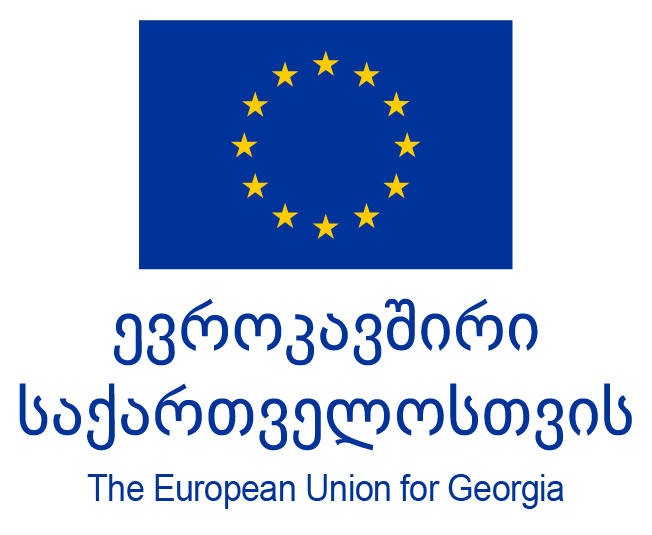


With the financial support of the European Union (EU), Institute for Development of Freedom of Information (IDFI) is implementing the project “Monitoring Covid-19 related public spending and human rights protection during the state of emergency and after." The initiative is contributing to increasing government accountability regarding Covid-19-related public spending, implementation of the Government Anti-Crisis Plan, spending of StopCov Fund, and allocation of donor support.
This document is an interim report that includes an overview of activities carried out through March-December 2020, monitoring results, and recommendations.
Key Findings
- Implementing authorities of anti-crisis measures do not fully provide public information regarding their initial activities in terms of fighting the Coronavirus, which is crucial in the monitoring process of the anti-crisis plan implementation.
- The results of the anti-crisis plan are represented in a misleading way in most government reports, creating an exaggerated image of success.
- Covid hotels and mobilization of hospitals constitute the largest share of Covid-19 related simplified public procurements. For example, between March 21 and November 15, GEL 200 million was spent on the procurement of hotel and hospital services.
- Simplified public procurements are used for most of the purchases for the above mentioned purposes, and simplified procurement agreements signed by some of the procuring agencies are not publicly available in the electronic system.
- More than GEL 1 billion from the 2020 anti-crisis plan (29.5%) was allocated as direct assistance to citizens. In several cases direct assistance was equally distributed between socially vulnerable families and the high-income part of the population.
- Several assistance programs of the anti-crisis plan were insufficient, with the possibility of increasing the amount and target groups of assistance, considering that allocated budget of some programs could not be fully utilized.
- State debt of Georgia will exceed 60% of the GDP in 2020-2021, which is higher than the limit established by the law on “economic freedom”.
According to the July-November 2020 IDFI monitoring results within the framework of the project "Monitoring Covid-19 related public spendings and human rights protection during the state of emergency and after", the low degree of transparency in Covid-19-related financial management can be considered as one of the most important problems. A number of agencies responsible for anti-crisis measures refrain from disclosing detailed information in accordance with public information requirements, significantly undermining public confidence in the steps they have taken in times of crisis and significantly increasing the risks of irrational disbursement of budget funds. Considering the non-transparent process, risks of irrational spending are increased by the increased volume of financial assistance received from international partners, the growing number of simplified procurements made during the crisis, and more. Additionally, one of the manifestations of the non-transparent process are the cases uncovered during the monitoring, in which the results of a particular anti-crisis program are presented by the government in a way that creates an exaggerated impression of the success of the program.
Although the anti-crisis plan developed by the Georgian government alleviated the problems caused by the pandemic to the population and businesses, IDFI believes that taking into account the issues raised in the reports related to program planning, distribution of direct assistances according to social needs, and other optimal solutions could increase the effectiveness of anti-crisis programs.
According to the IDFI monitoring results, IDFI calls on the Georgian authorities to do the following:
- Ensure the most transparent process of activities and expenses implemented during the pandemic. Among them, it is important to improve the existing standard of proactive disclosure of information and form a list of information to be proactively disclosed by public institutions in times of crisis according to the recommendations developed by IDFI.
- The procuring entities should minimize the use of simplified procurements in the procurement of services and products that are known in advance and can be planned and conducted on a competitive basis. The State Procurement Agency should take into account IDFI’s recommendations regarding the placement of data in the electronic system in an open, processable format, the ability to indicate the SMP codes for procurements (urgently required), etc.
- Take into account the factors listed in the interim report on the planning and implementation of programs within the framework of the 2020 anti-crisis plan when formulating a new action plan; this will contribute to the effective growth of both the volume of assistance and the size of the target segment.
- Provide the public with relevant data on the scale and effectiveness of any program developed under the anti-crisis plan, thereby avoiding the formation of false expectations among the beneficiaries of the program.

This publication has been produced with the assistance of the European Union. Its contents are the sole responsibility of the Institute for Development of Freedom of Information (IDFI) and do not necessarily reflect the views of the European Union.